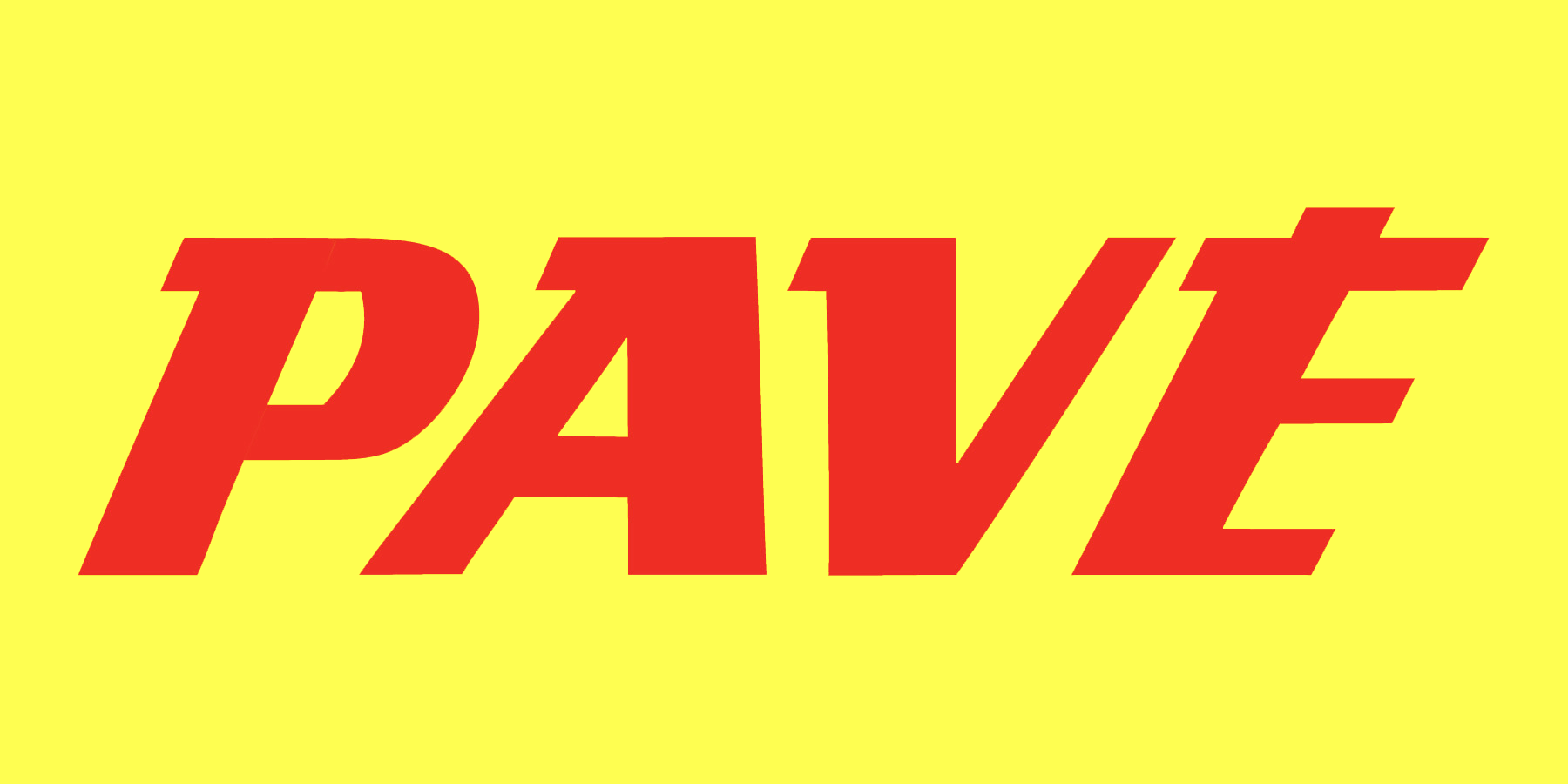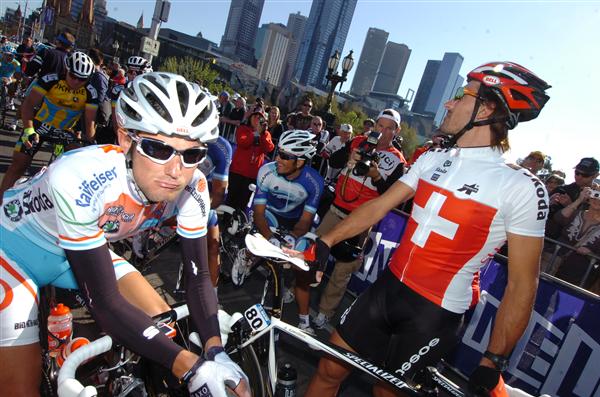Here’s the follow-up to yesterday’s post by Mattio on the current status of the Luxembourg Cycling Project’s title sponsors.
Let me begin my counterpoint with a concession: ultimately, Mattio’s right—sponsors are the means to an end in which riders earn contracts, gain entry into the sport’s greatest events, and with a little support and direction, hopefully become legends. We will always remember cycling’s greatest champions for the races they won, not the jersey’s they wore at the time.
However, in the matter of the world’s news-starved cycling fans versus the management of the still-to-be-named Luxembourg Pro Cycling Project, we have a right to be making such a big deal about the fact that a team ranked #1 by the UCI heading into 2011 has still not named any of its main sponsors—aside from its bike and car suppliers, that is.
What me worry? I’ll tell you why.
Logistically speaking, any team worth its salt right now is knee deep in preparations for 2011. Mechanics are taking measurements, ordering frames, inventorying parts, and building bikes in preparation for the first of the 2011 training camps. Now, Team Lux has its bikes covered—but here’s a question: what color will they be? In the era of “our kit matches our bikes and vice versa†the identify of a team’s main sponsor and it’s branding makes a big difference. It might seem like a minor detail to some, but when you’re ordering over 100 road and time trial framesets, it’s a minor detail that can quickly become a major hiccup. Stickers don’t cut-it anymore—the first race of the year is about 2 months away.
As for the soigneurs, they’re busy with clothing. Getting sizes, dividing numbers between programs, and figuring out just how many extras of each item they’ll need to make it through the season. And while the numbers be affected by the identity of a team’s sponsors, the design of the kit certainly will. A friend of mine at Vermarc told me that Quick Step is on Proof #100 of it’s kit design process; Omega Pharma-Lotto just sent back Proof #70. And these two teams have no questions as to the identities of their main backers in 2011. For a Team looking to make such a splash in 2011, it will look pretty bad if the team’s biggest riders lack new kit to wear come January 1st. Granted, they could be working behind the scenes, but as I learned with Mercury-Viatel in 2001, there’s nothing that causes more headaches—or saps more money—than a last minute clothing re-order.
Let’s not forget the director sportifs, the men responsible for building the team’s race program. A lot of these decisions are self-explanatory, but what happens when Title Sponsor X from Belgium wants the team racing in Belgium while it’s doing both the Giro and the Tour of California? It’s hard to say no to the company giving you millions of dollars to run your program. A little headache, yes—but little headaches become massive migraines quickly.
Perhaps most importantly, a shaky sponsorship situation risk a team’s ability to compete and risks riders’ ability to earn a living – and to race. I watched as Viatel and LeMond withdrew their sponsorship from Mercury-Viatel midseason; the team was on thin ice and ultimately collapsed. When Linda McCartney Foods withdrew its sponsorship commitment to an all-vegetarian team in 2001, the team folded, just two days before the team’s official launch. And in 2007, a team sponsored by Unibet, an online gambling company, was excluded from Paris-Nice due to UCI, ASO, and ProTour squabbling (with the ASO citing national bans on gambling advertising), the riders were left unable to race. While bike racing is ultimately about the racing, teams rely on solid sponsorship in order to give riders the opportunity to race – to entertain us or capture our hearts and minds.
To make a long story short, while the identity of a team’s sponsor might not matter in the long run, it certainly matters now—to the staff, to the team’s management, and to the riders. The peace of mind that comes from knowing your benefactor goes a long way to getting the season started right—time that can be spent preparing, training, or getting to one another is now spent tying up loose ends that are now way over due. Is it any wonder why Fabian Cancellara hasn’t officially made his decision yet?


5 Responses to Team Lux: It’s Not About the Sponsor. Or is it?